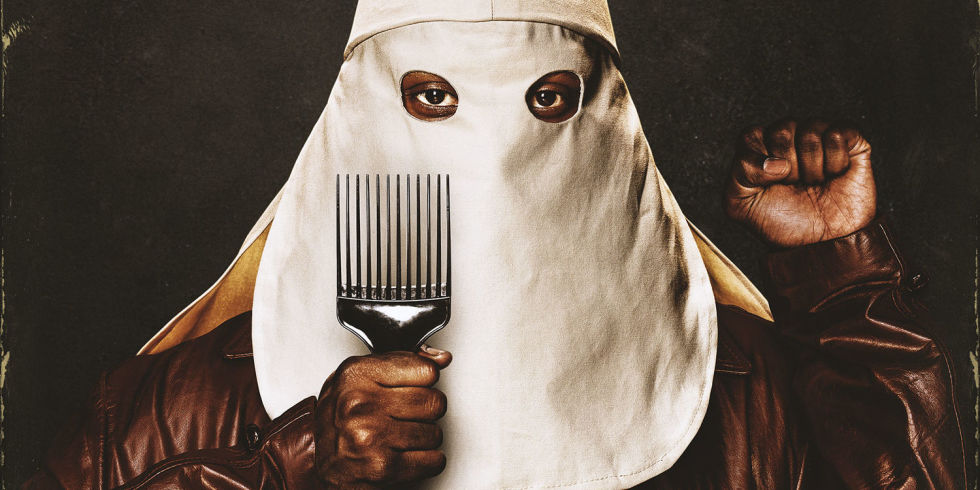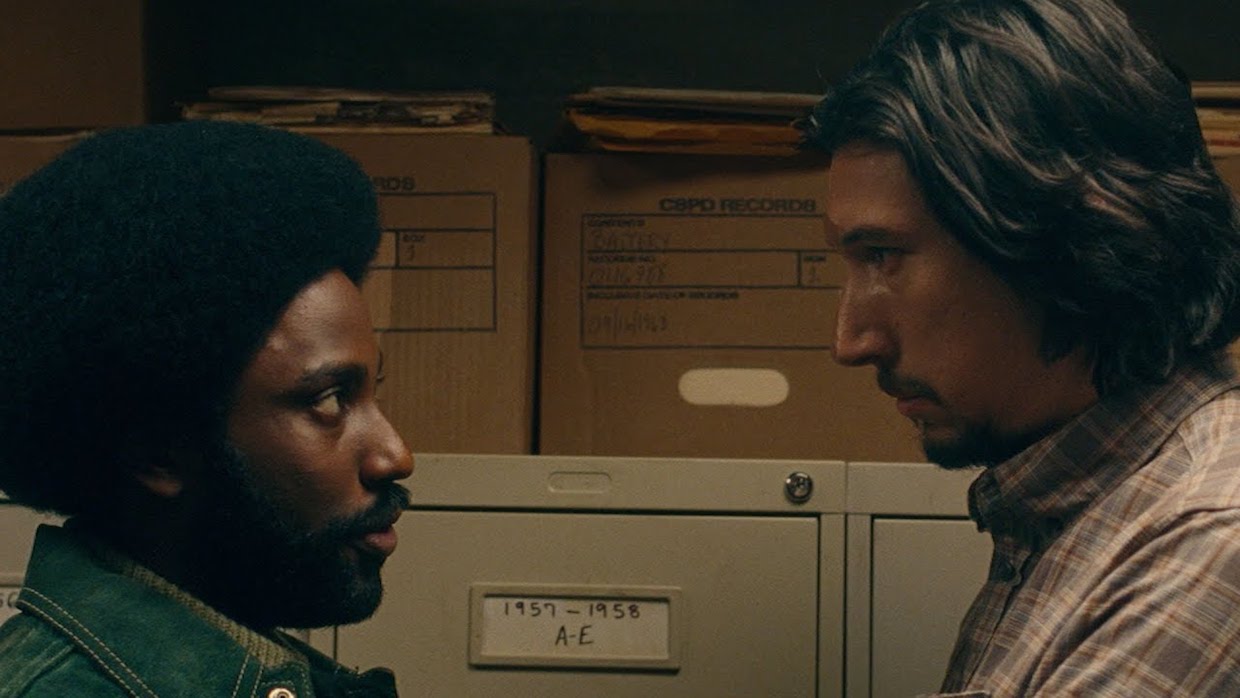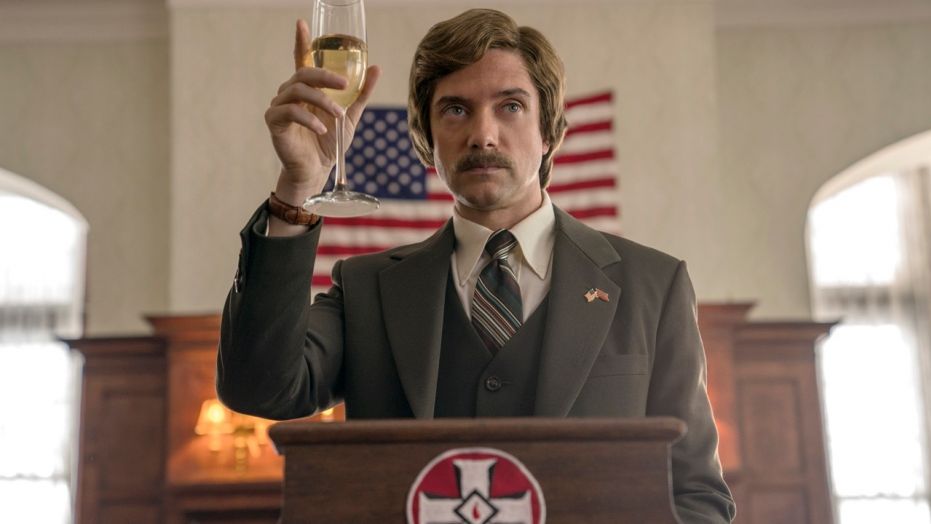
Look at the long arc of history and really ask yourself how far we’ve really come as a culture, as a community, and as a country. I asked myself that question throughout my viewing of Spike Lee’s new film BLACKKKLANSMAN
BLACKKKLANSMAN is the true story of Colorado Springs first black detective Ron Stallworth, played by John David Washington. The film doesn’t shy away from the fact that Ron is a diversity hire. It’s evident in the first meeting that he has with Chief Bridges (Robert John Burke) and Mr. Turrentine (Isiah Whitlock Jr). Ron is ambitious and wants to become an undercover detective. He’s given that opportunity when former Black Panther Kwame Ture aka Stokely Carmichael is invited to speak to a group of young people organized by Patrice Dumas (Laura Harrier).

After being moved to the Intelligence Division, Ron sees an ad for the local chapter of the Ku Klux Klan and decides to give them a call. When they call him back, he decides to engage the man on the phone in a conversation where he hits all the racist code words. Lee does a great job of keeping the overall tone of the film relatively light with humor and beautiful shots of the Rocky Mountains. I found myself laughing whenever Ron was on the phone with a Klan member and those moments are played for comedic effect throughout the film.
In linguistics “code-switching” is the ability to easily transition say from one’s native language to another. For example, a person of Japanese descent speaking that language and then switching to English within the same conversation. In the Black community, it has a different meaning. A meaning that is being explored in recent films Boots Riley’s SORRY TO BOTHER YOU. In Black culture, it’s the switch between a professional or “white” sounding tone and the casual tone of speaking to a family member or friend. While a white man or woman using a regional dialect mixed in with local colloquialisms is considered cute and/or charming, that same consideration is not met with the same attitude when it comes from a black person.

Ron has to enlist fellow detective Flip (Adam Driver) to play the white Ron Stallworth in order to infiltrate the Klan after his code-switching conversations with the membersprompts them to want a face to face meeting. White Ron becomes a trusted member of the group and is offered membership. When Ron’s membership gets held up because of a clerical error, he gets in touch with Klan Grand Wizard himself David Duke, played by Topher Grace, to fix the issue. Grace delivers a great performance as Duke. He doesn’t play him as some by the numbers bad guy. Duke is actually given a level of nuance that you wouldn’t expect from a film like this. Lee does an interesting thing with the Klan members in this film. He doesn’t depict them as particularly evil. He shows them more as misguided people who have been indoctrinated into thinking that anyone different who wants something more from America is going to be taking something from them to achieve it. It’s the same rhetoric we hear in today’s society when talking about immigration and there are a couple of eye roll moments where the dialogue is a little too on the nose.
BLACKKKLANSMAN is designed to provoke and evoke something from the audience and it does that in different ways. There are moments like Harry Belafonte delivering a story about a public lynching which is intercut with a Klan meeting where the members have a visceral, joyous reaction to a screening of Birth of A Nation. Lee showcases the two groups, in contrast, to show who has the actual power out of the two. It’s a powerful moment from a powerful film. The film doesn’t give you all the answers. It doesn’t let the audience off the hook with its ending. It gives the audience a stark parallel between what they just witnessed and how far we’ve come as a society. I left the theater both impressed with what I saw, angry at where we are and determined to do something to change it in my life.
-Superpoweredfan
Follow me on TWITTER
Check out my podcast: The Super Powered Fancast
